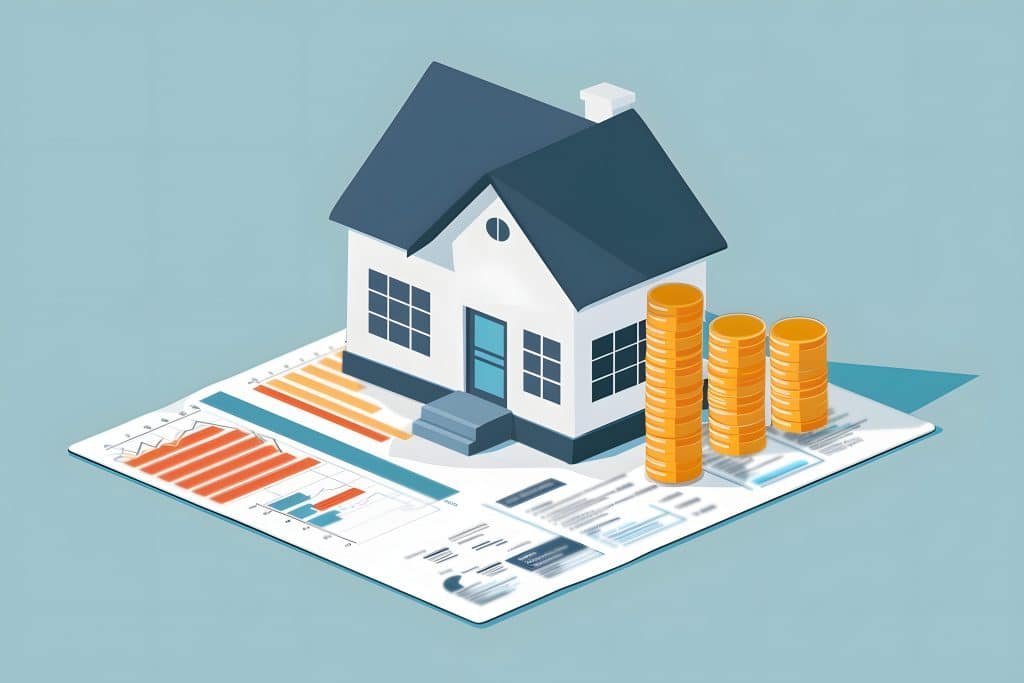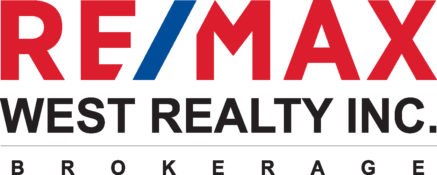
There are many reasons why you might decide to sell your home before your mortgage term is up. Perhaps you’re relocating, your family situation has changed, or your current home no longer fits your needs. Whatever the reason, if you’re considering selling your home early, it’s crucial to understand the financial implications of breaking your mortgage contract.
What type of Mortgages are available in Canada
Open Mortgages
If you want to make large payments on your mortgage or pay off the entire mortgage without penalty, then an open mortgage is for you. An open mortgage offers maximum flexibility. These homeowners are willing to accept some fluctuation in the interest rate for the flexibility of paying off part or the entire mortgage before the term is complete.
Closed Mortgages
A closed mortgage is a commitment with a pre-determined interest rate, over a pre-determined period of time. A buyer who uses a closed mortgage will likely have to pay the lender a penalty if the loan is fully paid before the end of the closed term.
With a closed mortgage, the borrower may select a fixed rate or variable/adjustable rate depending upon their needs or preference. See “Rates” for more information on the types of rates.
Closed mortgages generally have lower interest rates than open mortgages. Most lenders will allow borrowers with closed mortgages to make a lump sum payment of up to 10, 15 or 20% of the original mortgage amount once a year without penalty. This payment goes directly toward paying down the principal of the amount owing. Many lenders will also allow a borrower to increase the mortgage payment by up to 10, 15 or 20% as well as allowing the lump sum payment.
Convertible Mortgages
A convertible mortgage is an agreement made at the beginning of a term that allows homeowners to change the type of mortgage they hold during its term. If a homeowner wants to start with an open mortgage and then lock into a closed mortgage, a convertible mortgage is the right choice. It offers lower rates than an open mortgage and has the option of switching to a closed term. A conversion to a fixed rate mortgage can also be done by most lenders when the borrower has originally selected a variable rate mortgage and now wishes to move to a fixed rate before the end of the term.
Hybrid Mortgages
A hybrid mortgage is a term used when there is more than one type of mortgage contained in a single mortgage registration. The registration could include a fixed rate portion, a variable rate portion, a line of credit portion, or any combination of these. Each lender will have their own unique name for this type of mortgage allowing anywhere from 2 to 100 different products contained in the registration of the mortgage. This product is often suggested for the savvy borrower who will use this as part of their overall financial plan.
Reverse Mortgages
This type of mortgage allows homeowners 55 years and older to convert their home equity into either a lump sum payment or monthly cash payment(s), generally for living expenses. A homeowner’s equity is drawn down by the lender to the homeowner – the borrower. When the homeowner no longer wishes to occupy the property as their principal residence, or upon the death of the borrower, the loan balance is due. The balance of the loan is settled from the proceeds of the sale of the property either by the owner themselves or their heirs.
The Financial Impact of Breaking a Mortgage Contract
Selling your home before the end of your mortgage term can come with various costs, depending on the type of mortgage you hold.
Open Mortgage: If you have an open mortgage, you’re in a favorable position. You can sell your home without facing any penalties for breaking the mortgage contract.
Closed Mortgage: With a closed mortgage, however, you’ll likely incur several costs. The most significant of these is usually the **prepayment penalty**, which can amount to thousands of dollars depending on your mortgage agreement. Beyond this penalty, you might also need to pay administrative fees, appraisal fees, reinvestment fees, and a mortgage discharge fee, which covers the cost of removing the charge on your current mortgage and registering a new one.
If you received any incentives, such as cash-back offers or lines of credit when you first took out your mortgage, these may need to be repaid as well. All these costs can make breaking your mortgage contract an expensive proposition.
Alternatives to Breaking Your Mortgage Contract
If selling your home before your mortgage term ends is necessary, you might have some options to reduce the financial impact:
Blend-and-Extend Option: Some lenders offer a blend-and-extend option, allowing you to extend the length of your mortgage while starting a new term. This option blends the interest rates from your old and new terms, which can help you avoid the steep prepayment penalty. However, keep in mind that there may still be administrative fees involved.
If your lender doesn’t offer this option, your only alternative might be to break the mortgage contract outright. While you could potentially secure a lower interest rate for your new home, it’s essential to weigh this benefit against the prepayment penalty and other fees you’ll incur.
Weighing the Pros and Cons of Selling Early
Before deciding to sell your home before your mortgage term ends, it’s important to consider both the benefits and drawbacks:
Pros:
Lower Interest Rates: Selling your home and purchasing a new one could allow you to lock in a lower interest rate on your next mortgage. If you continue making the same mortgage payments as before, you might be able to pay off your new mortgage faster.
Interest Rate Savings: Moving to a new mortgage might allow you to secure a more favorable interest rate, which could result in long-term savings.
Cons:
High Penalties and Fees: Breaking your mortgage contract can result in significant costs. Even if you secure a lower interest rate, these savings might not be enough to cover the penalties and fees you’ll have to pay.
Mortgage Qualification Challenges: Given current economic conditions, qualifying for a new mortgage might be more difficult than before. If you’re selling your home without the intention of purchasing a new one—such as moving into a rental—you’ll need to ensure that the benefits of selling outweigh the penalties.
Consult an Expert Before Making a Decision
Selling your home before your mortgage term ends is a significant decision with many financial implications. It’s essential to fully understand the costs and consequences before moving forward. Consulting with a mortgage advisor can provide you with the guidance you need to navigate this complex process and determine whether selling early is the best choice for your situation.
The Bottom Line
At The York Realtors, I am ready to help you explore your options and make informed decisions that align with your financial goals. Whether you’re considering selling your home early or just exploring your mortgage options, we’re here to support you every step of the way. Contact us today to learn more about how we can assist you in achieving your homeownership goals.






